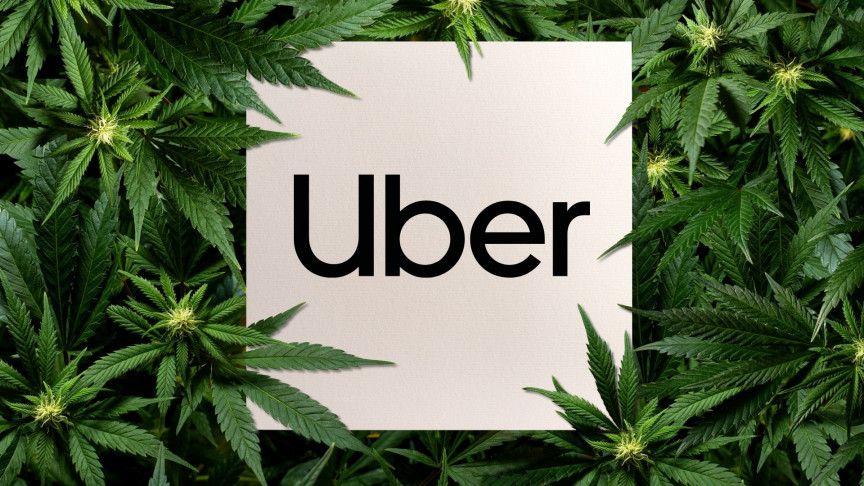Uber Signals Interest in U.S. Cannabis Market Pending Federal Legalization
Recently, Uber’s leadership announced the company’s potential entry into the U.S. cannabis market, should the federal government legalize the industry nationwide. This statement was made by Uber CEO Dara Khosrowshahi during an appearance on CNBC’s “TechCheck.”
Khosrowshahi noted that Uber already operates services for food, medication, and alcohol delivery. He suggested that, if cannabis and related products were fully legalized across the United States, Uber could quickly expand into cannabis delivery, leveraging its existing operational infrastructure.
Although cannabis is already legal in certain states, Khosrowshahi emphasized that entering the market under current federal law poses significant risks. Federal regulators still consider cannabis business activities a form of “illegal cash laundering,” and any involvement could expose Uber to sanctions affecting the entire company.
“If the U.S. government decides to federally legalize marijuana, we would be able to quickly establish a cannabis delivery network in virtually every region of the country, since we already have operational bases for such a service,” Khosrowshahi stated. “For now, entering this market could jeopardize our other operations, but if the climate changes, this business area would undoubtedly become a highly promising direction for expansion. The industry itself fits our business model—fast and safe delivery of finished products from producer or dealer to consumer.”
Risks and Regulatory Concerns
Khosrowshahi’s concerns about potential government sanctions are well-founded. Current U.S. laws strictly limit any cooperation between large enterprises, financial institutions, insurance companies, and cannabis businesses. Violators risk losing business accreditations and facing legal action. If sanctioned, Uber could lose the right to work with major banks, forcing the company to operate solely with cash—a scenario the leadership finds unacceptable.
Earlier this year, Uber attempted to acquire a third-party marijuana delivery service. However, when authorities threatened the company with the aforementioned sanctions, Uber quickly sold off those assets. The case involved Drizly, an alcohol delivery service that owned Lantern, an independent marijuana delivery platform. Lantern was reorganized as a fully independent company to avoid possible sanctions.
Outlook for Federal Legalization
The status of marijuana under federal law in the U.S. may soon change. While President Biden has declined to support full national legalization, preferring decriminalization, many members of his party are more open to comprehensive reform. Some Democratic lawmakers hope to pass such legislation within the current or next year.
Additionally, several bills are advancing in Congress to strengthen and expand state-level cannabis reforms. Notably, the MORE Act aims to provide states with protections for their existing therapeutic marijuana markets against potential federal sanctions.



